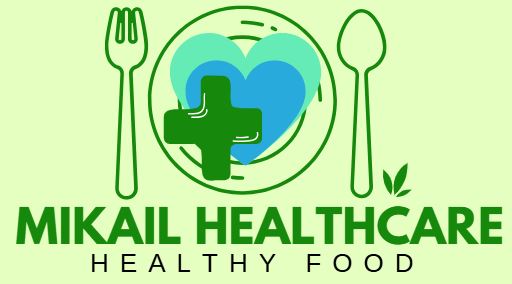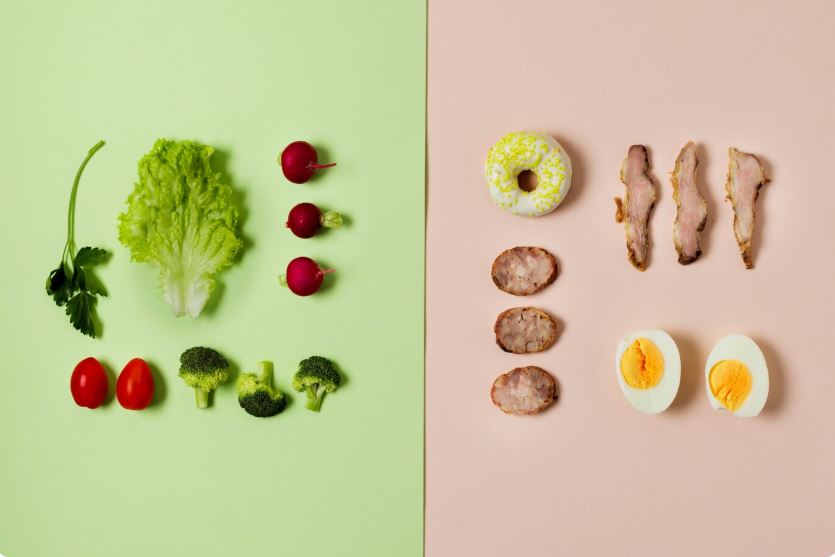If you’ve been exploring healthy eating, you’ve probably come across terms like plant-based and whole food diets. While they may sound similar, they are not exactly the same. Let’s break down what each means, how they differ, and which might be better for your health goals.
What Is a Plant-Based Diet?
A plant-based diet focuses on eating mostly (or entirely) foods that come from plants. This includes:
- Fruits
- Vegetables
- Grains
- Legumes (beans, lentils, etc.)
- Nuts and seeds
Some people on a plant-based diet still eat small amounts of animal products, like meat or dairy, but the main focus is always on plant foods.
What Is a Whole Food Diet?
A whole food diet is all about eating foods that are as close to their natural state as possible. This means avoiding:
- Processed snacks
- Added sugars
- Refined flours
- Packaged or ready-made meals
Instead, whole food eaters choose:
- Fresh fruits and veggies
- Whole grains like brown rice and oats
- Natural proteins like beans, eggs, or fish
- Healthy fats like avocados or olive oil
A whole food diet doesn’t have to be vegetarian or vegan—it just means less processed food and more real, whole ingredients.
Main Differences Between the Two
| Feature | Plant-Based Diet | Whole Food Diet |
|---|---|---|
| Focus | Mostly or entirely plant foods | Minimally processed, whole foods |
| Includes Animal Foods? | Rarely or never | Can include animal products |
| Processed Foods? | Sometimes allowed (e.g. plant-based burgers) | Generally avoided |
| Goal | Support health and reduce meat intake | Eat clean, nutrient-rich foods |
Which Diet Is Better?
There’s no one-size-fits-all answer. Both diets:
- Can help with weight loss
- Lower the risk of heart disease
- Improve digestion
- Increase energy
If you want to cut back on meat, plant-based may be for you.
If you want to eat cleaner and avoid chemicals or additives, try a whole food diet.
Some people even combine both: a Whole Food, Plant-Based (WFPB) diet. That means eating plant foods in their natural, whole form—no meat, no processed junk.
Tips to Get Started
- Start slow: Swap one meal a day for a plant-based or whole food option.
- Read labels: The fewer ingredients, the better.
- Prep at home: Home-cooked meals are usually healthier and cheaper.
- Plan ahead: Make a weekly menu to avoid processed food temptations.
Final Thoughts
Both plant-based and whole food diets are great steps toward a healthier lifestyle. Choose what fits your life best—or blend the two for the best of both worlds!

